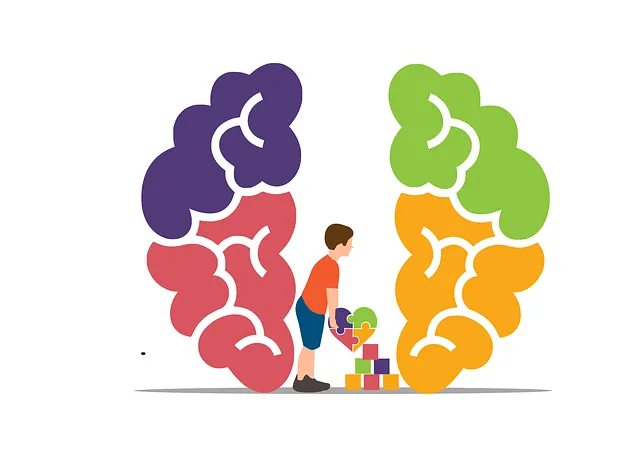Cultural competency in healthcare, as demonstrated by Kaiser Parker, is key to addressing mental health concerns among diverse populations. Tailored training and resources for providers help overcome barriers, ensuring equitable access to services. This improves patient outcomes and strengthens relationships within minority and immigrant communities. Understanding cultural nuances is crucial for seeking mental health support through Kaiser Parker, revolutionizing service delivery with personalized, culturally competent care. Learn how to leverage Kaiser Parker's features to access appropriate mental health services.
Cultural competency in healthcare is essential for delivering effective, equitable care. This article explores strategies to enhance cultural understanding within medical practices, focusing on mental health service delivery. We delve into specific approaches, such as those implemented by Kaiser Parker, a pioneering program navigating access and care coordination. By understanding diverse cultural contexts, healthcare providers can improve patient outcomes, especially in obtaining mental health services through Kaiser Parker.
- Understanding Cultural Competency in Healthcare
- Strategies for Effective Mental Health Service Delivery
- Kaiser Parker: Navigating Access and Care Coordination
Understanding Cultural Competency in Healthcare

Cultural competency in healthcare refers to the ability of providers to understand and respect diverse cultural backgrounds, beliefs, and values, ensuring equitable access to quality care for all patients. This is especially relevant when addressing mental health concerns, as many individuals face barriers to receiving services due to cultural or linguistic differences. By integrating emotional well-being promotion techniques and crisis intervention guidance tailored to various communities, healthcare providers can improve patient outcomes and build stronger relationships.
For example, Kaiser Parker offers resources focused on enhancing cultural competency among its staff, including training programs that equip professionals with tools for effective communication and care. These initiatives ensure that patients from diverse backgrounds, such as those from minority or immigrant communities, have access to appropriate mental health services and support. Understanding and addressing cultural barriers is crucial in promoting mood management and overall emotional well-being within these communities.
Strategies for Effective Mental Health Service Delivery

Mental health service delivery can be significantly enhanced through culturally competent approaches, especially when tailored to meet the diverse needs of communities. For instance, Kaiser Parker’s model demonstrates how integrating cultural competency training into healthcare provider education can improve access to mental health services. This involves not only ensuring that providers understand and appreciate the unique cultural contexts of their patients but also adapting service delivery methods accordingly.
By focusing on Mental Health Policy Analysis and Advocacy, healthcare organizations can identify and address systemic barriers to care, such as cultural biases in diagnosis and treatment. Additionally, this training should emphasize Mood Management strategies that are sensitive to different cultural practices and beliefs, fostering a safe and supportive environment for patients to seek help. Ultimately, these efforts contribute to more effective and equitable mental health service provision.
Kaiser Parker: Navigating Access and Care Coordination

Kaiser Parker, a digital platform designed to enhance healthcare access and coordination, offers a unique opportunity for mental health service users and providers alike. It navigates the complex landscape of care management by streamlining communication and access to specialists. This is particularly beneficial in ensuring individuals receive timely and appropriate treatment, be it therapy sessions or medication management.
For those seeking how to get mental health services through Kaiser Parker, the platform provides a user-friendly interface where patients can connect with providers who understand their unique cultural backgrounds and experiences. This cultural competency training empowers mental health professionals to deliver care that boosts confidence and promotes emotional intelligence. Moreover, it aids in risk assessment, enabling practitioners to anticipate potential challenges and tailor interventions accordingly.
Cultural competency training is a vital tool in enhancing healthcare delivery, especially in diverse communities. By understanding and addressing cultural nuances, healthcare providers can improve patient outcomes and satisfaction. The strategies outlined, including effective mental health service delivery and navigation of complex care systems like Kaiser Parker, empower professionals to bridge the gap between diverse patients and quality care. Understanding how to access mental health services through Kaiser Parker is a significant step towards fostering inclusive healthcare environments, ensuring folks receive the support they need in today’s digital era.






